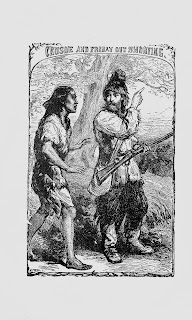Cross Pollinating and Storytelling

After the first week of classes, I find that there is already an interesting cross pollenization of ideas from the assigned readings, project brainstorming, and blog postings. The text on Game Design used for this course relates to the presentation I have been working on for the Entertainment Design course with Prof. Oliverio. He is asking us to choose a non-European culture, and find out what kind of entertainment there was before c.1900. This week, as I researched some ancient games and thought about how to reproduce them, I thought about what Randy Pausch was saying on the YouTube video of “The Last Lecture”. He said that it was important to try things out, not just read about the process, to get out and DO stuff. As I found out in a fascinating undergraduate course I took in so-called Primitive Technology, making something proves to be a lot more complex than merely reading about it. Go figure.
During his talk, he praised the work of one of his graduate students who had questioned the design of an educational game called ALICE. It was developed at Carnegie Mellon to teach computer programming while making the young participants think they were playing a game. It was the female doctoral student whose research proved that girls are more than willing to learn Java if there is a story being told in the process. That, in turn, lead me to ponder the importance of context in the female experience and how girls are typically drawn to the complexities of fiction, where there is room to describe context and social interaction. Storytelling, in all its forms, gives us a venue for pointing out those subtle connections.
When I was about ten years old, I remember reading classics, which were thought to be hopelessly out of date at the time, Robinson Crusoe, Jane Eyre, and others. I liked to read about the ways the characters found to survive their situations. Of course, Robinson Crusoe had the indigenous man Friday there to figure out the hard stuff.
The image is from the wonderful holdings of the Baldwin Library of Historical Children's Literature at the University of Florida, some of which has been digitized and is available at the link provided. It is one of the finest and most comprehensive collections in the world, and is part of the Smathers Libraries.
Comments